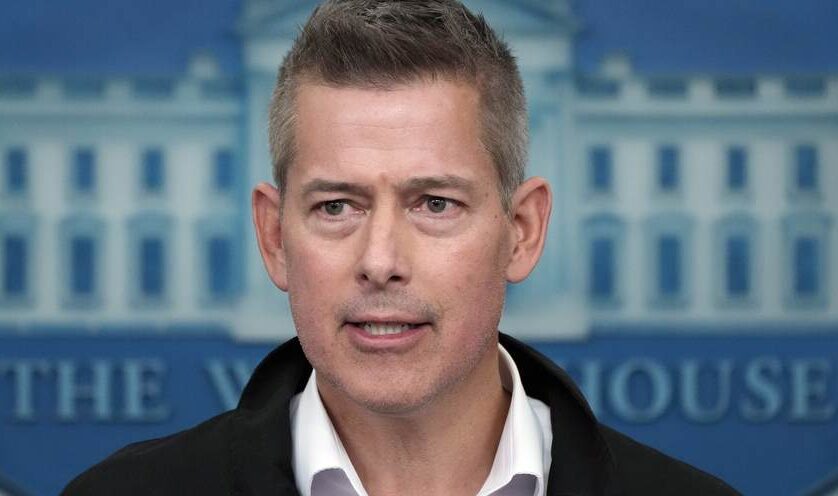Today, we got a story that’s sparking some serious debate and raising eyebrows in California.
A renewable energy company named Avantus is planning to clear thousands of protected Joshua trees in the Mojave Desert to make way for a massive solar project. This project, known as the Aratina Solar Project, aims to generate electricity for nearly 180,000 homes, but there’s a twist – the power won’t benefit the local communities directly impacted by the construction.
Now, let’s break this down. The Los Angeles Times reports that Avantus plans to build the solar facility on 2,300 acres near the small towns of Boron and Desert Lake in Kern County. Residents aren’t too happy either. Communities are not only worried about the construction dust but also the endangered desert tortoises that call this land home. Despite their concerns, county officials gave the project the green light without much hesitation.
Deric English, a teacher at Boron Junior-Senior High School, voiced a sentiment many share: “Let’s destroy the environment to save the environment. That seems to be the mentality. It’s hard to comprehend.”
The claim is that projects like this come with trade-offs, such as the destruction of undeveloped land and harm to local wildlife and plants. Small communities, often lacking political power, bear the brunt of these decisions.
An anonymous source told the Times that crews are set to start clearing the site on Monday. To minimize visibility, they will shred the trees on-site instead of piling them up or transporting them away.
Avantus defends its actions, stating on its website that while some Joshua trees will be impacted, many more are threatened by climate change. The company claims the Aratina project addresses these threats by generating clean energy to help California meet its environmental goals.
The company has been working on this project for years and has adjusted its plans based on community feedback. They started preparing the site in May and will soon begin “selectively clearing the area of vegetation and other large natural obstacles,” all approved by county and state officials.
Avantus also stresses its commitment to minimizing impacts such as noise, dust, and traffic during the project’s phases. They promise to be good neighbors by partnering with local organizations and creating good-paying jobs.
The environmental impact statement, available on the Kern County website, reveals that about 4,700 Joshua trees are on the site, with over 500 towering at 16 feet. Avantus plans to destroy 3,500 of these trees but claims to have a positive track record with wildlife agencies and environmental groups.
The company says it will use dust suppression methods to protect construction workers and nearby communities. The Kern County Board of Supervisors approved the project in October 2021, and it comes with significant economic benefits, including $3 million in sales taxes and $73 million in property taxes.
Avantus has also set aside $1.4 million to protect Joshua trees elsewhere and bought grazing rights on 215,000 acres of federal land, including 80,000 acres of Western Joshua tree habitat.
As for where the electricity will go, the company is keeping quiet. However, it has contracts with Silicon Valley Clean Energy and Central Coast Community Energy, both nonprofits that provide green energy to homes.
In 2023, California lawmakers passed the Western Joshua Tree Conservation Act, which bans killing Joshua trees without a permit. But the Aratina project was approved before this act and before Joshua trees were considered for protection under the state’s endangered species act.




